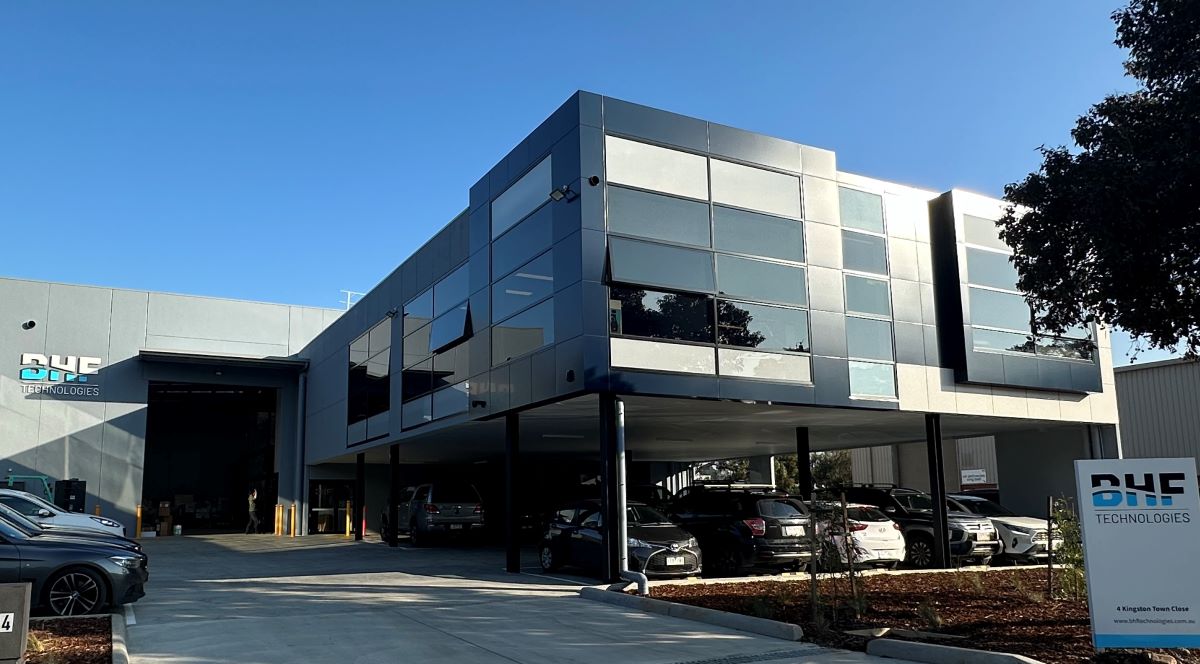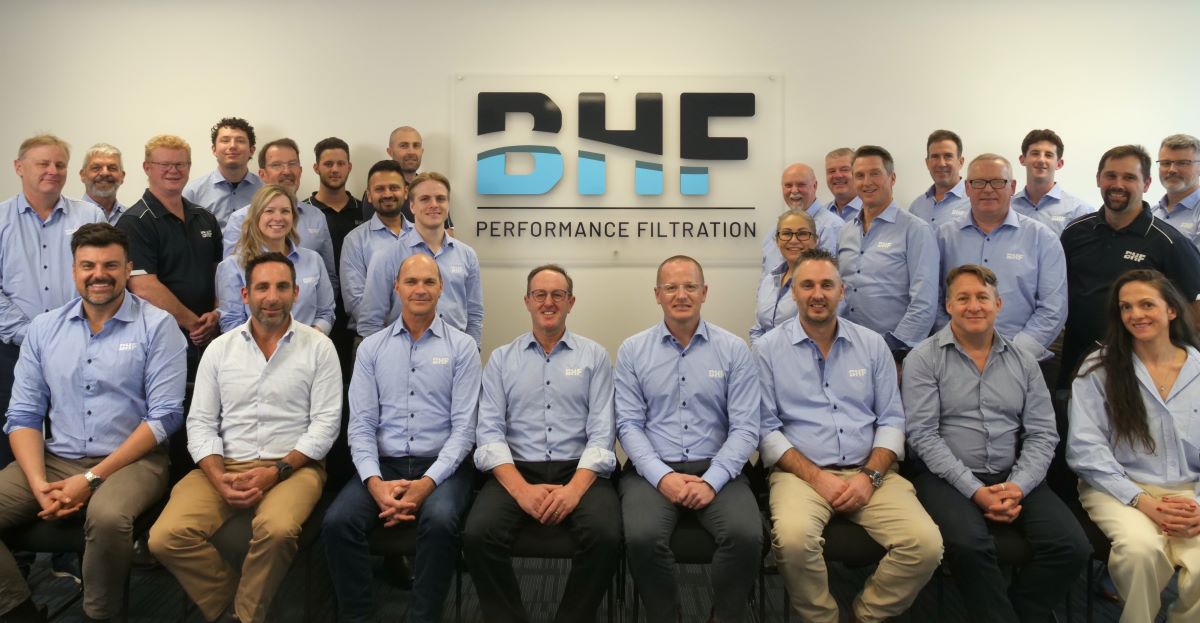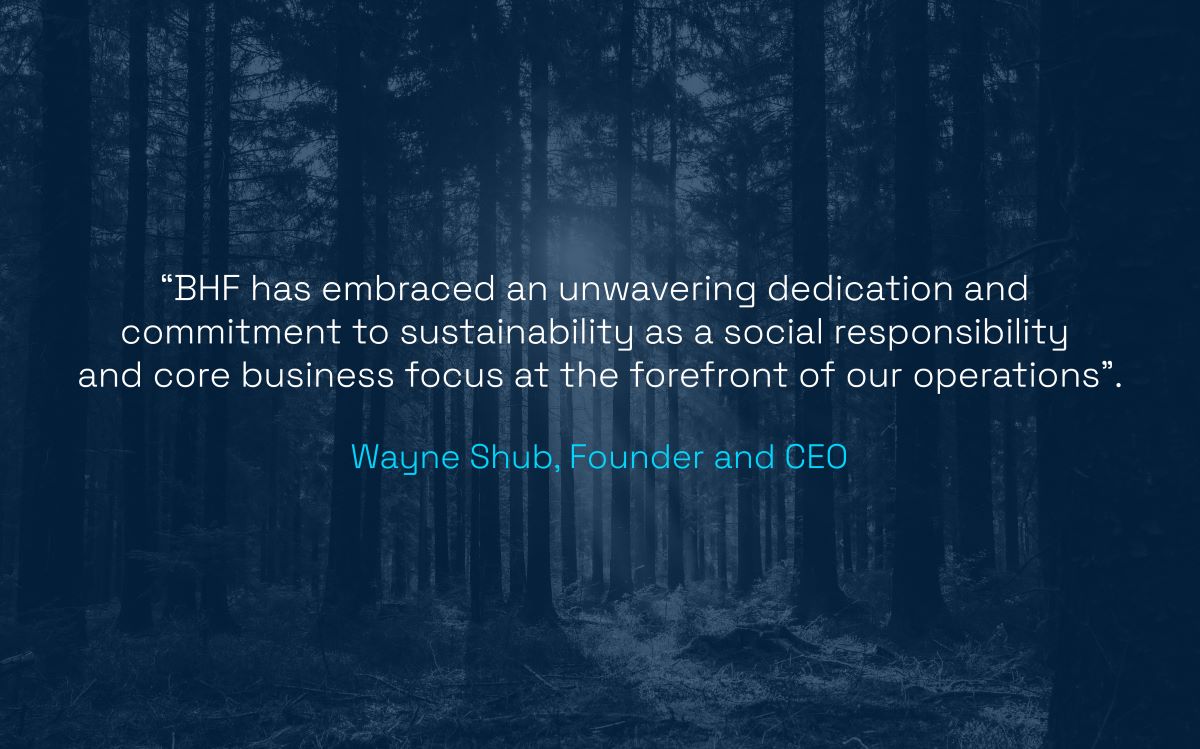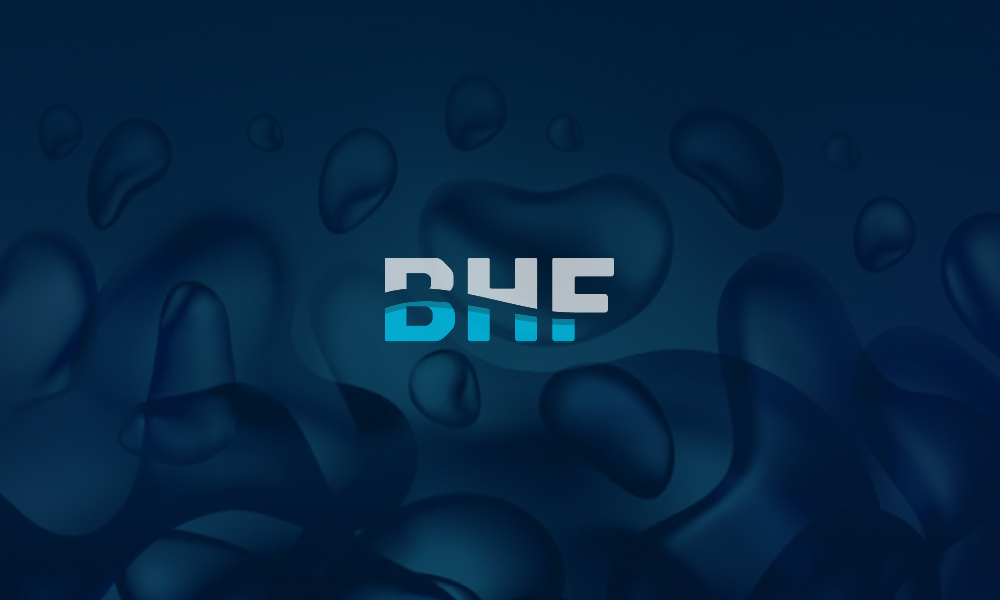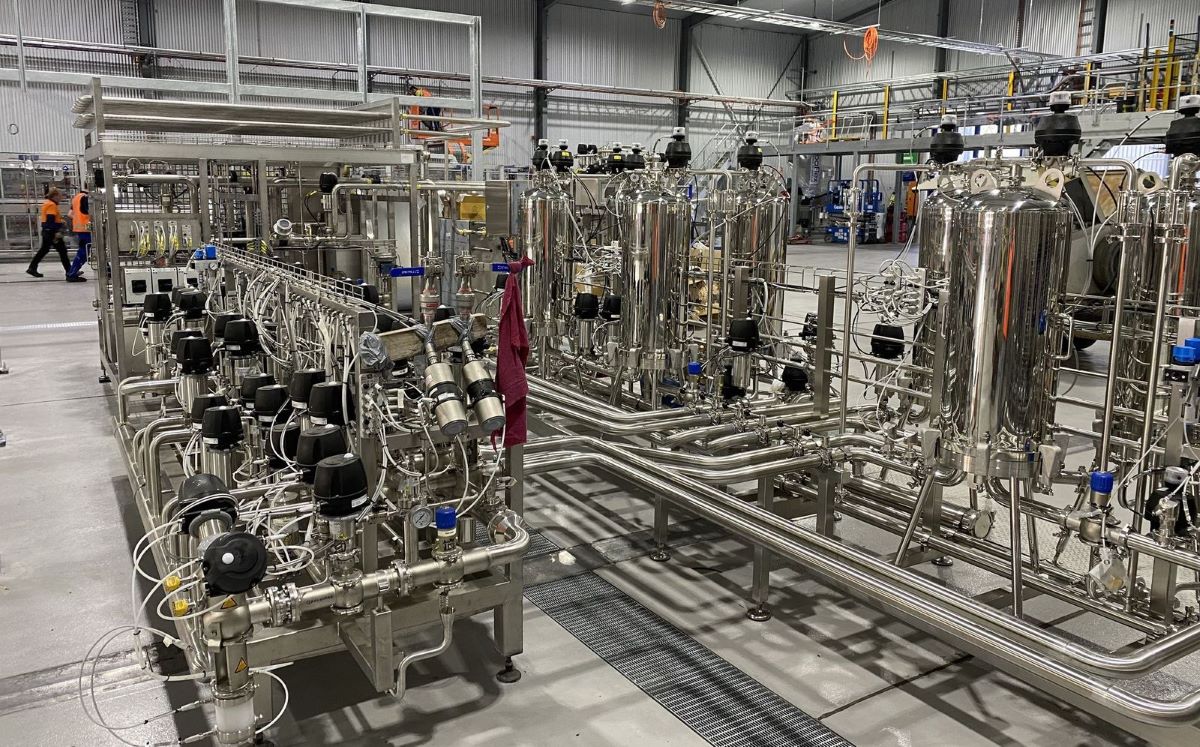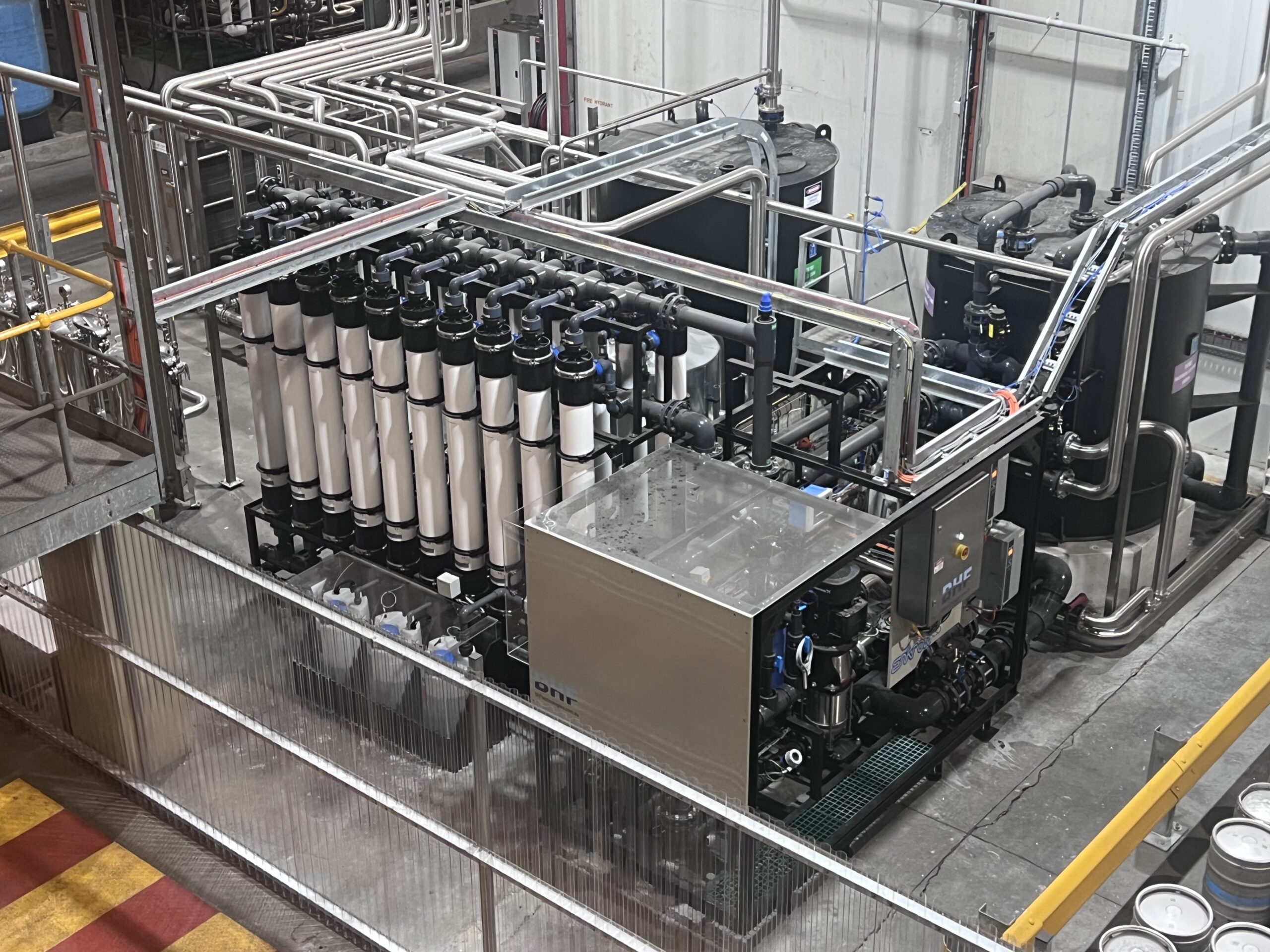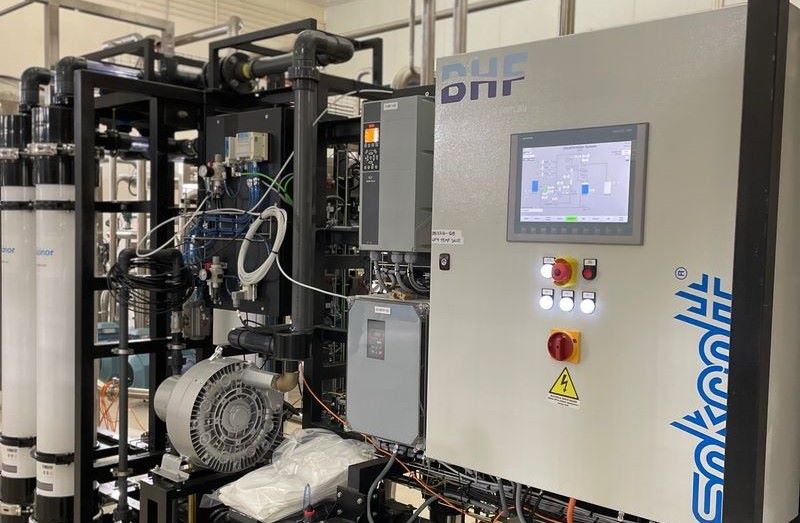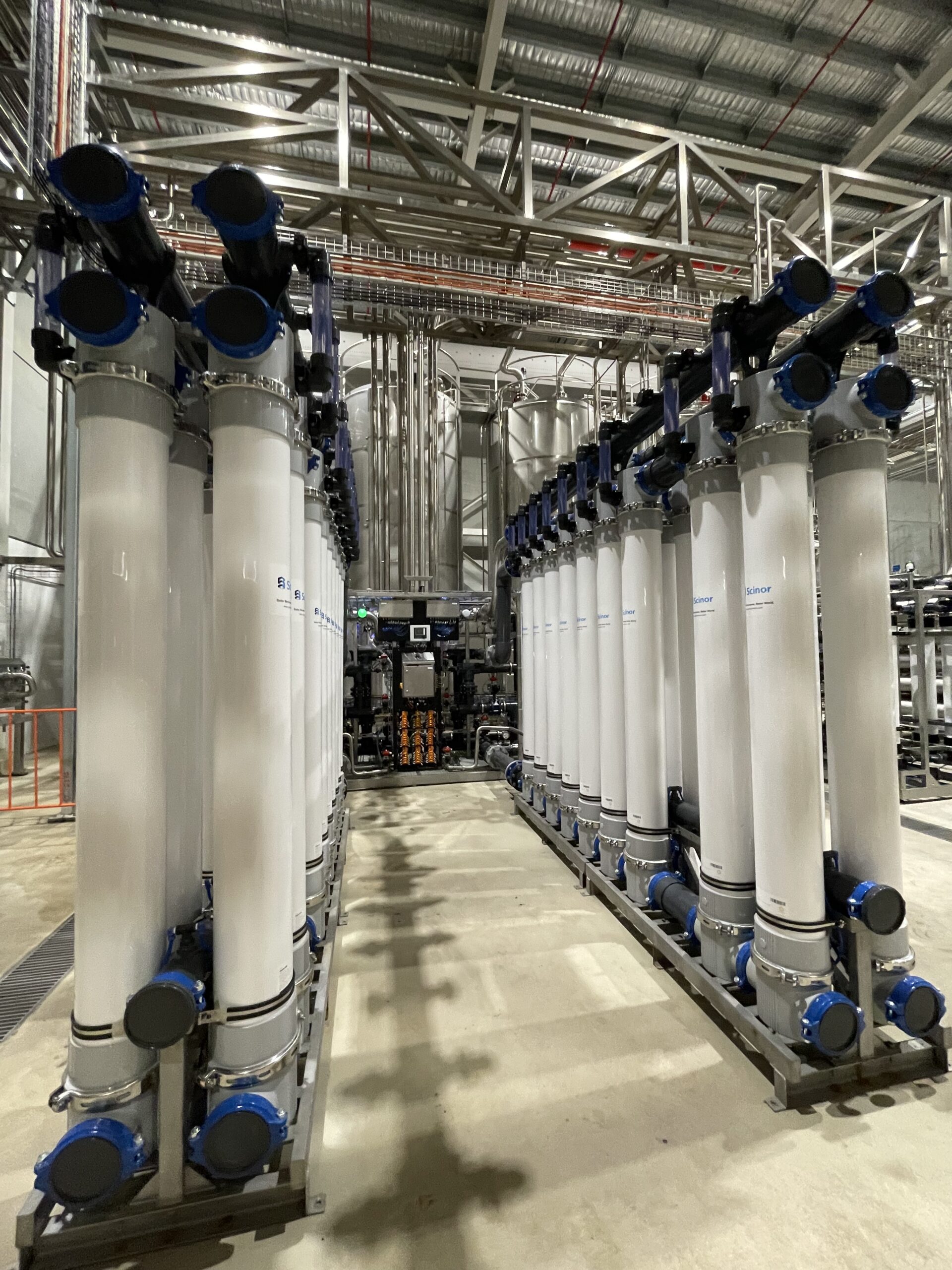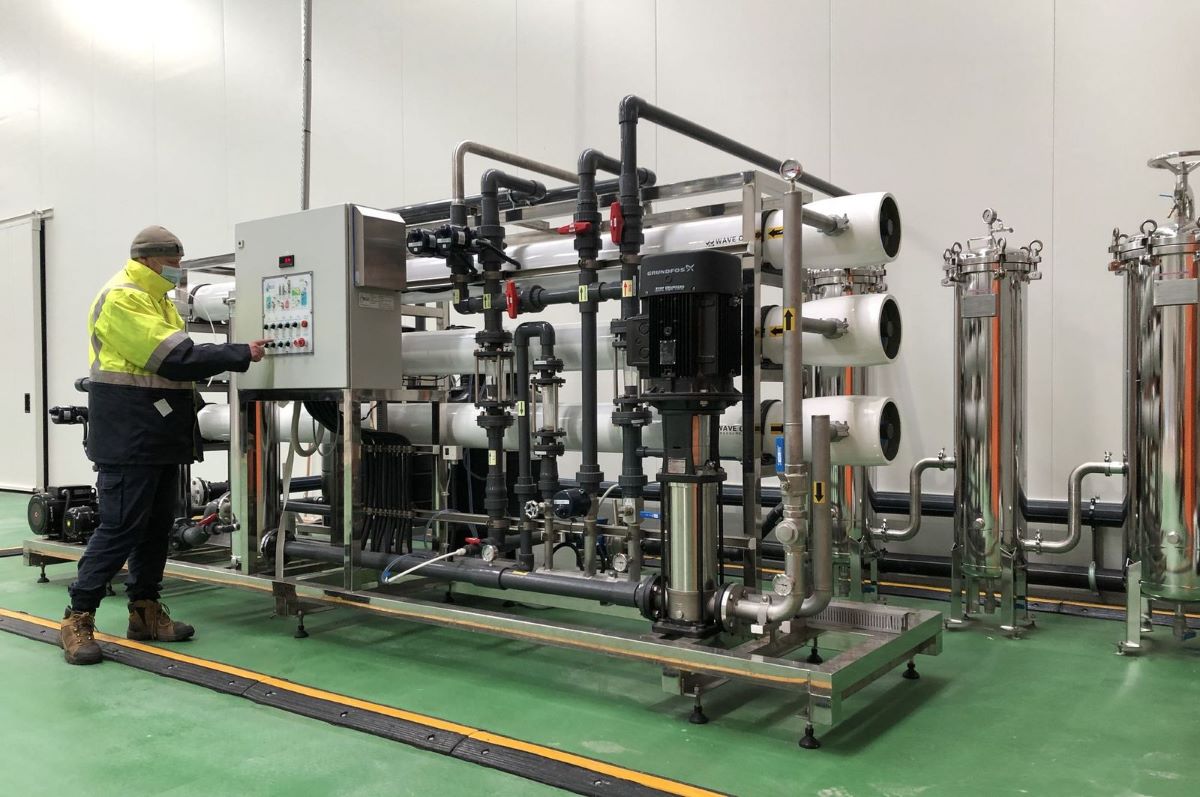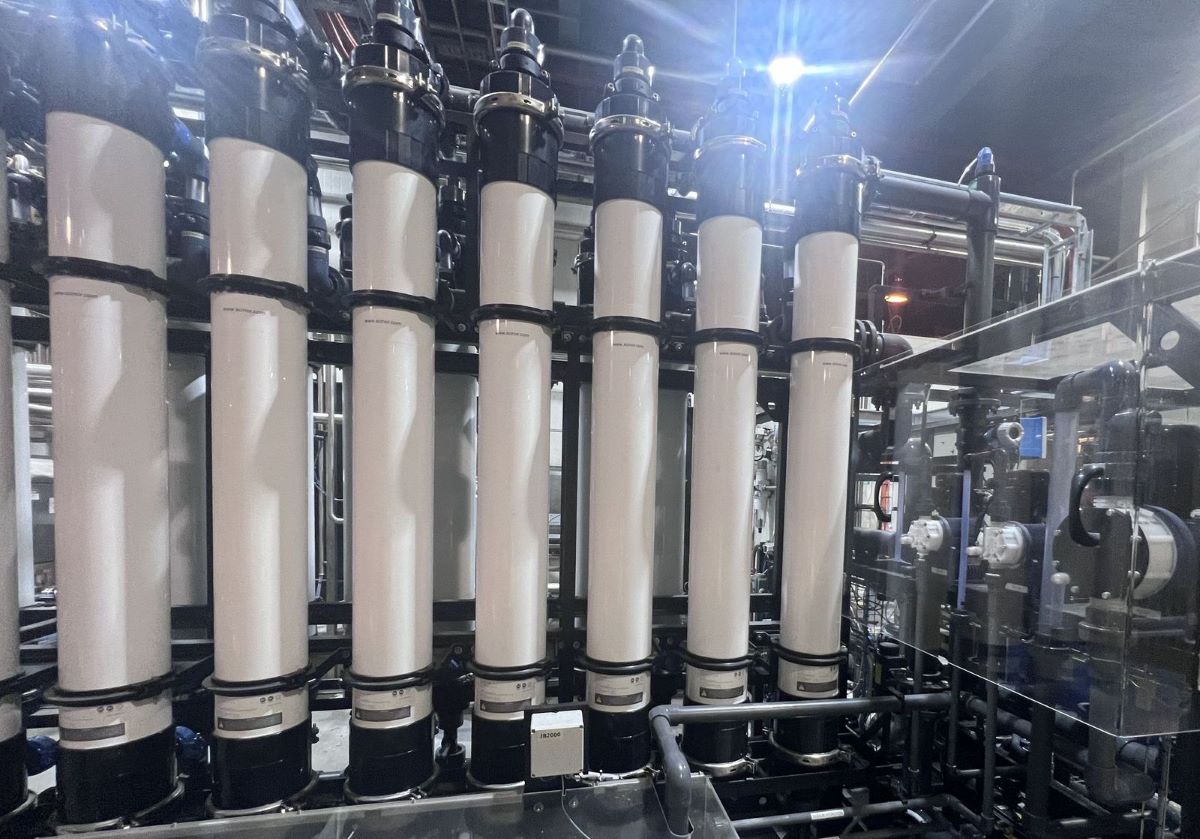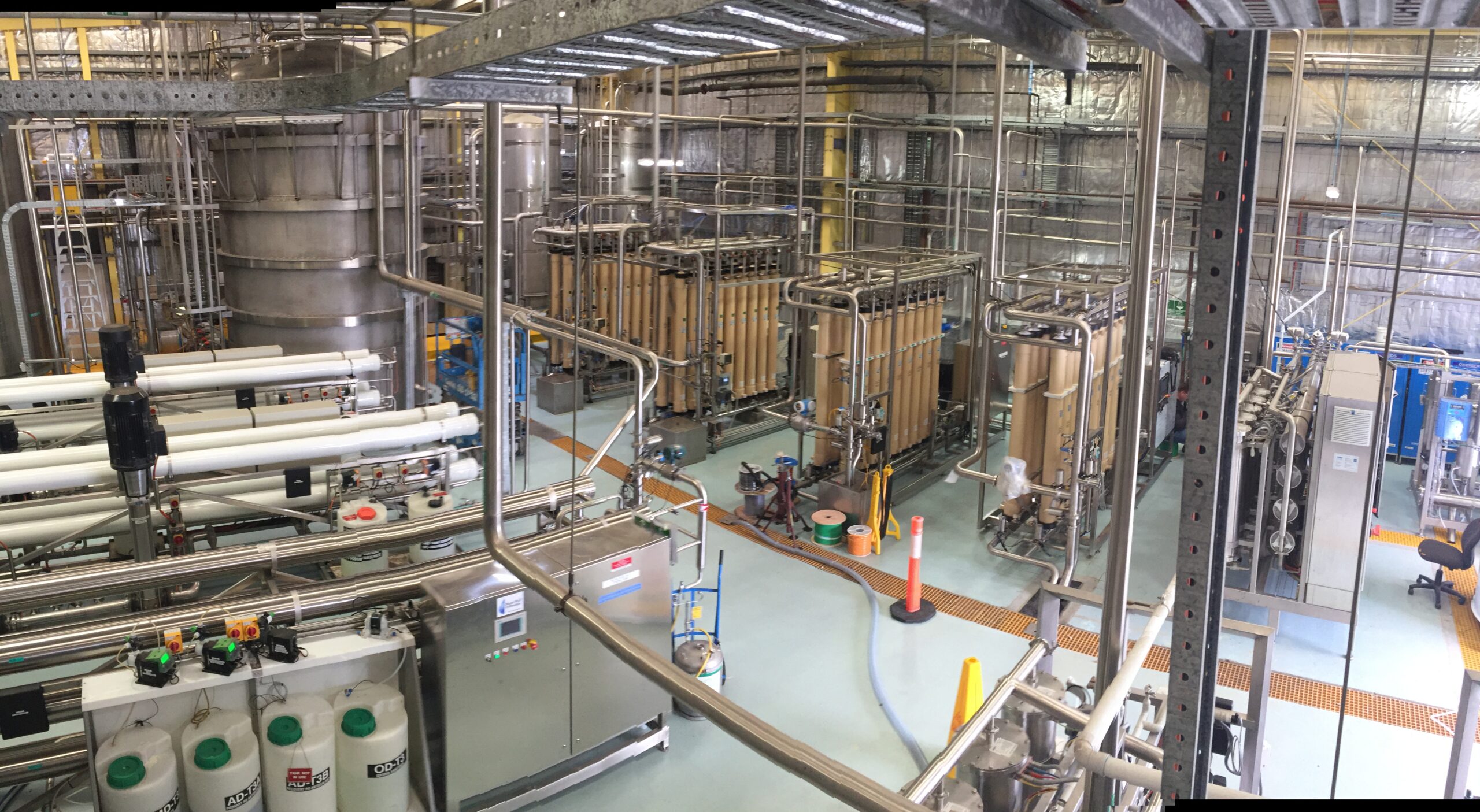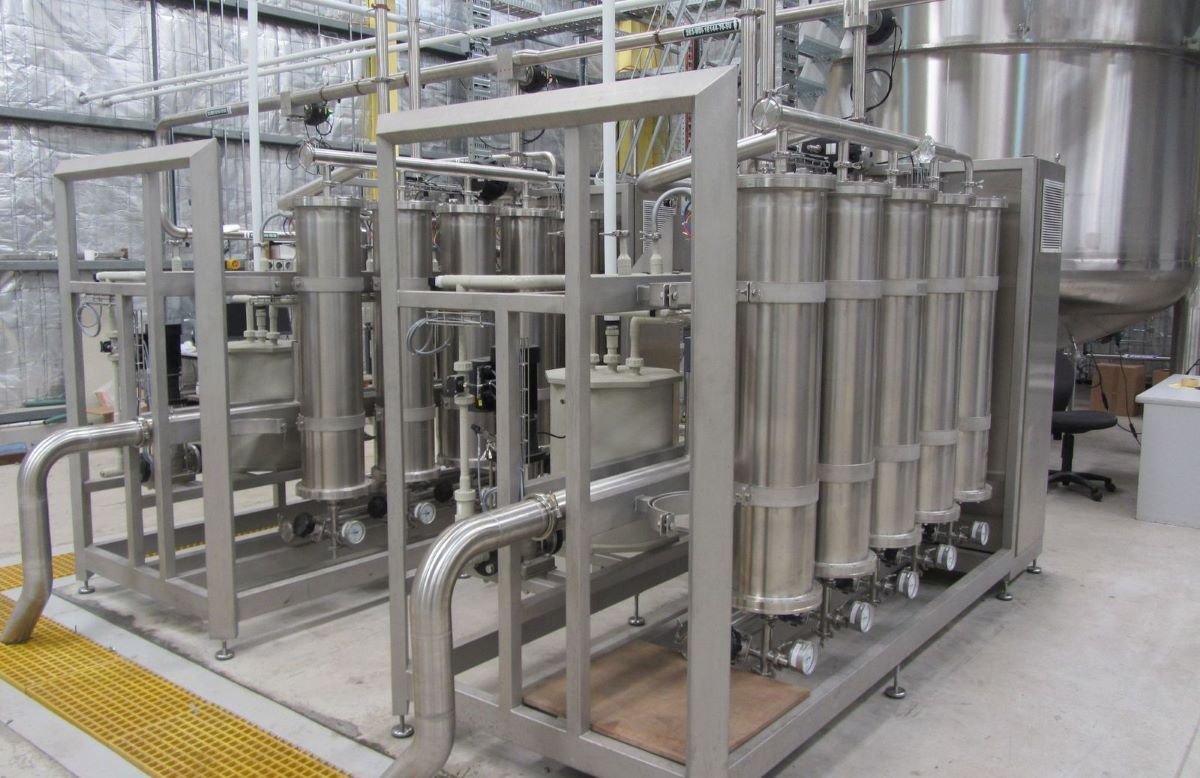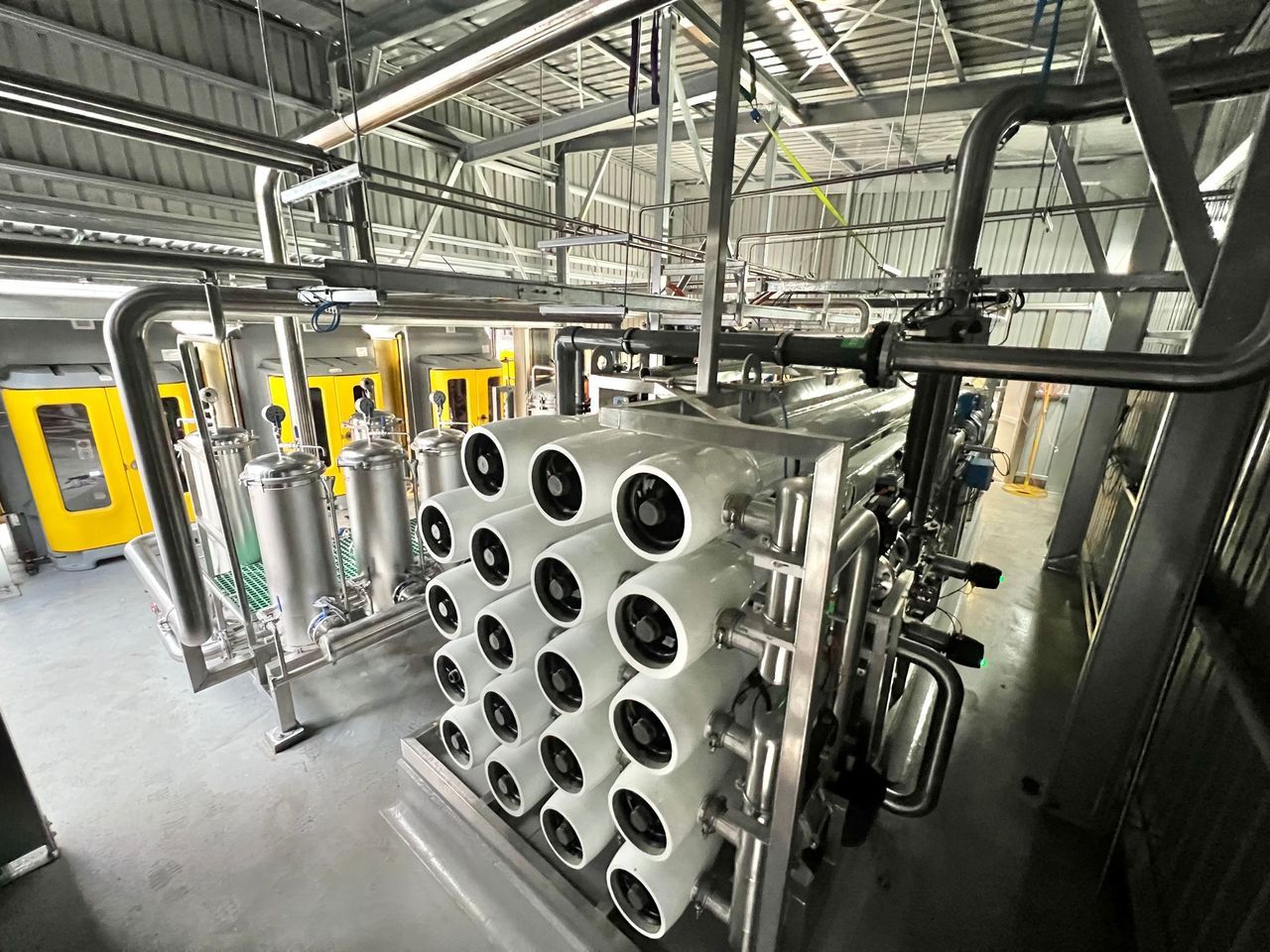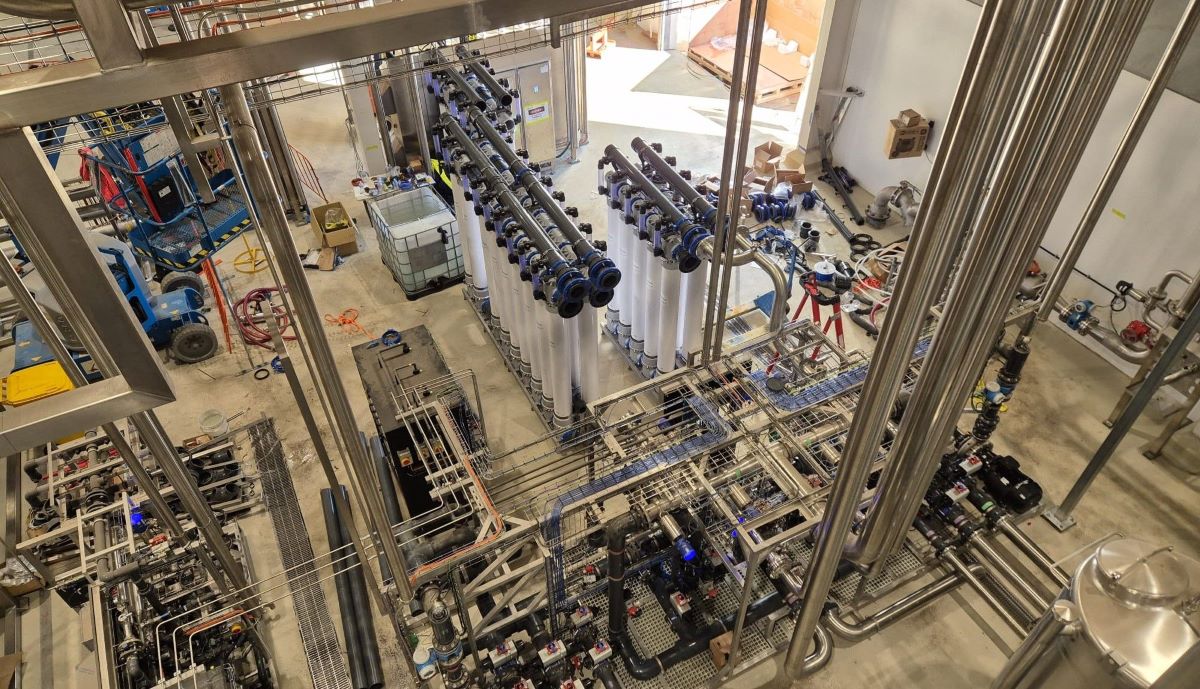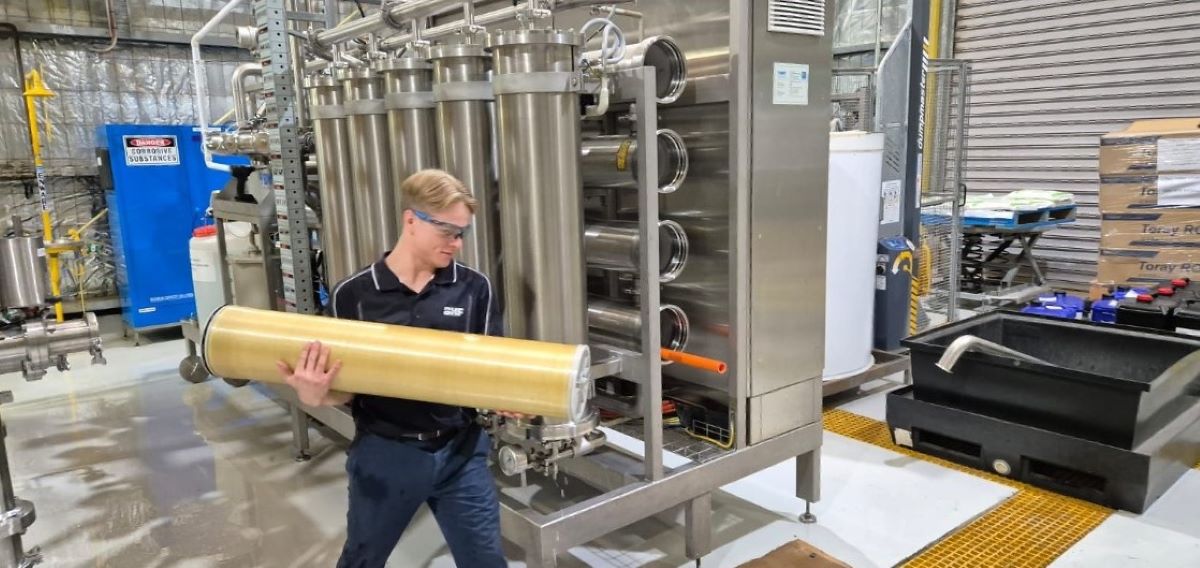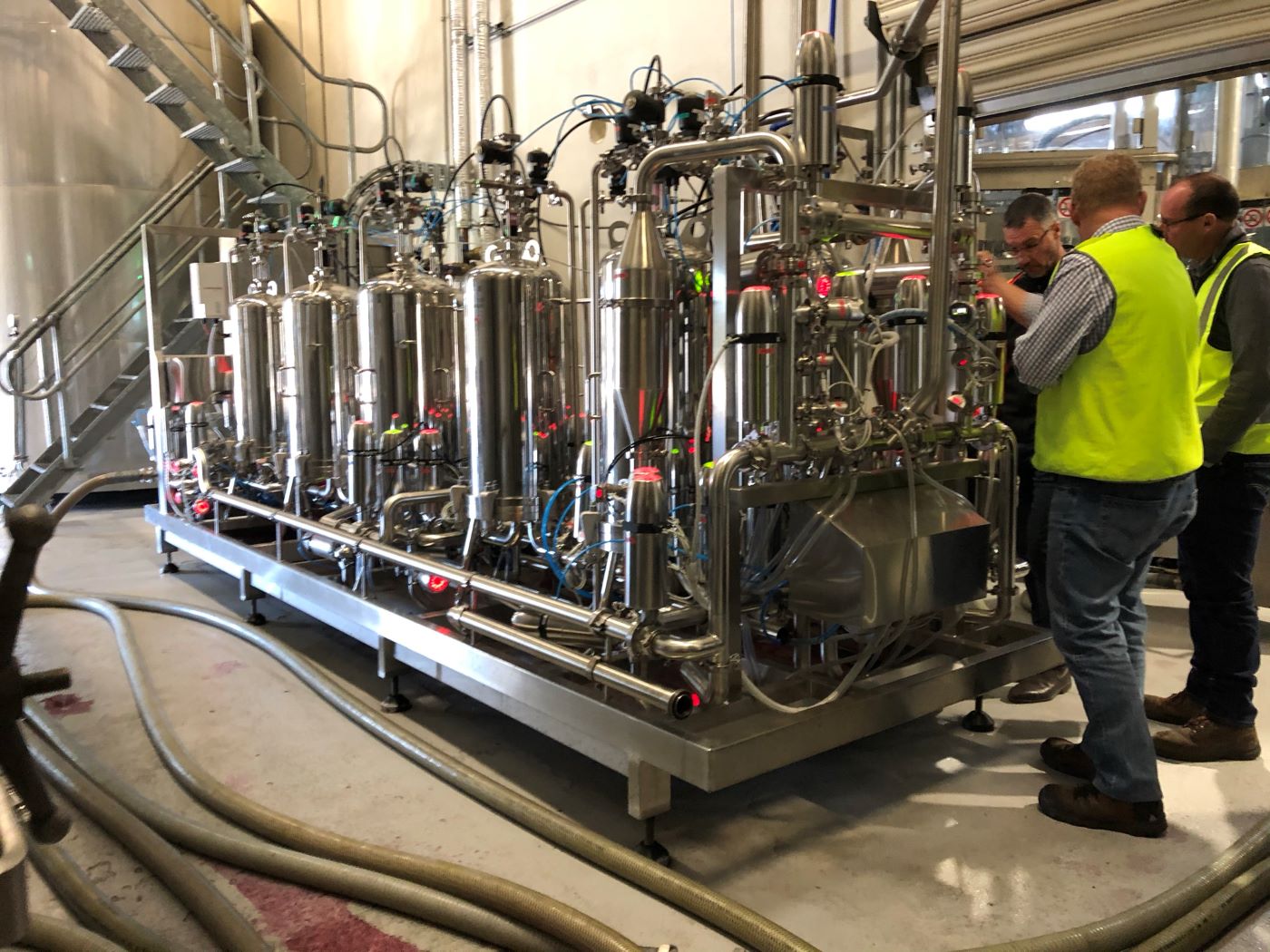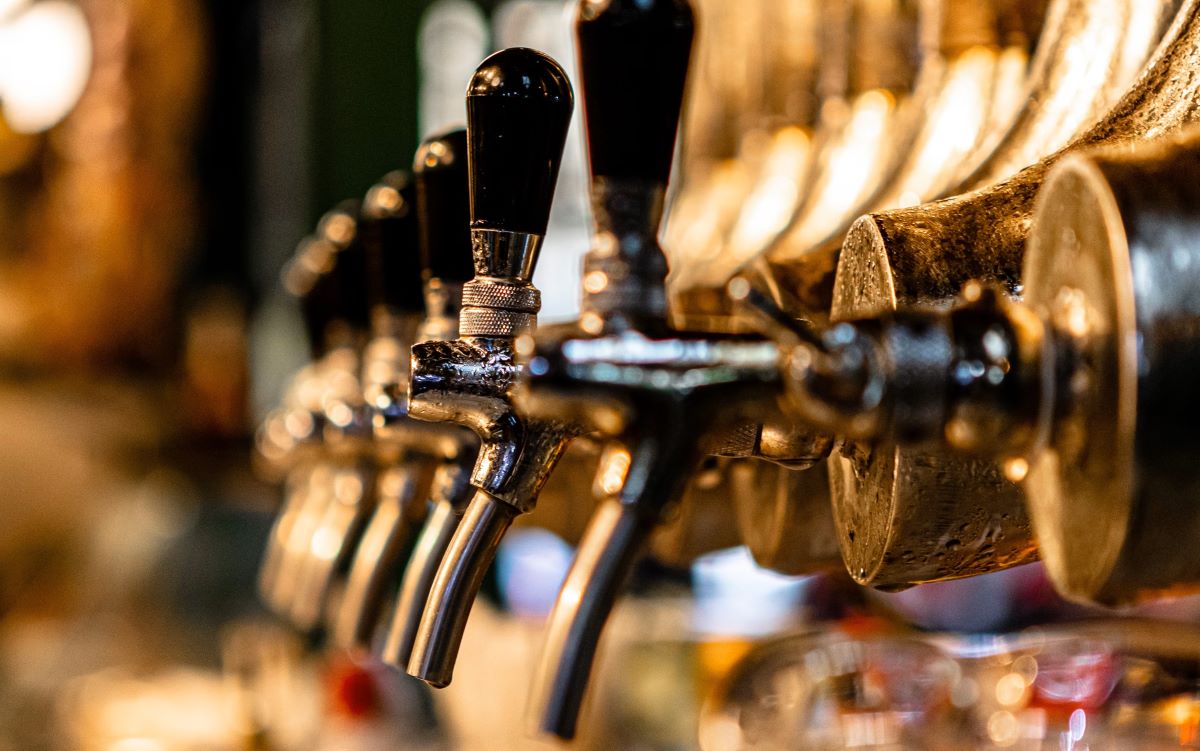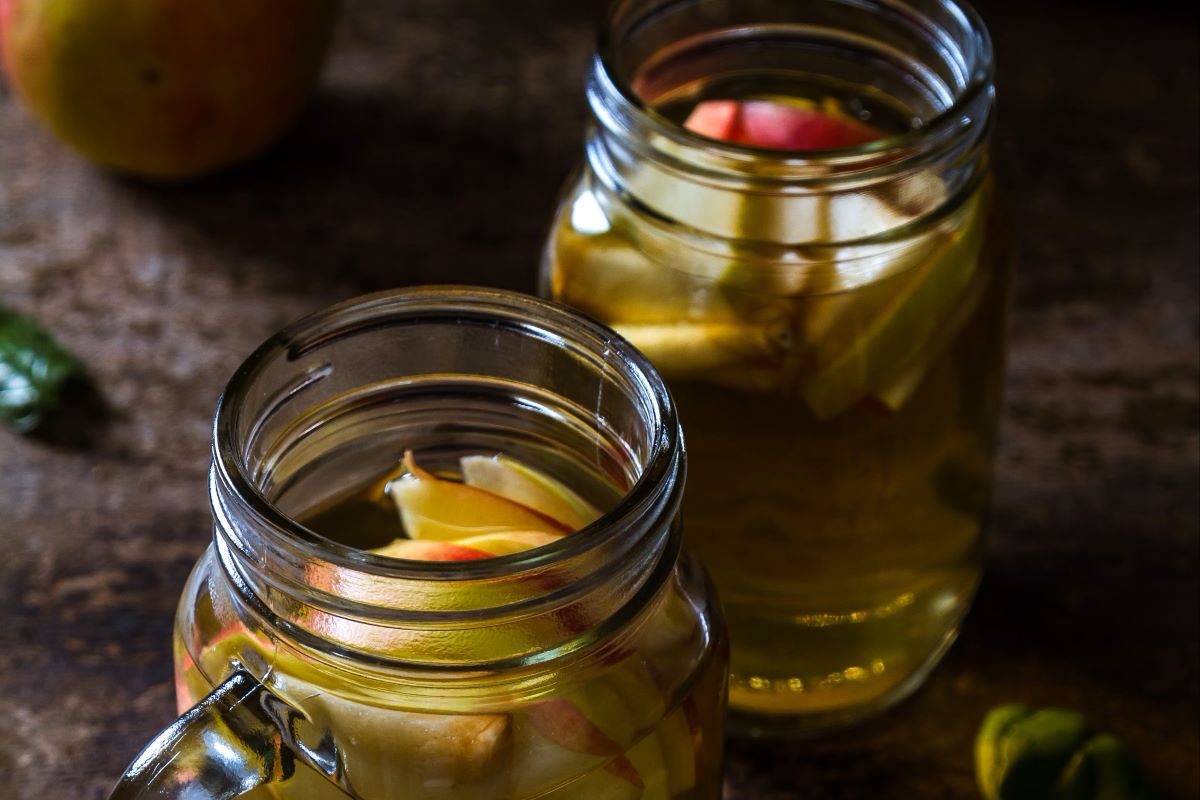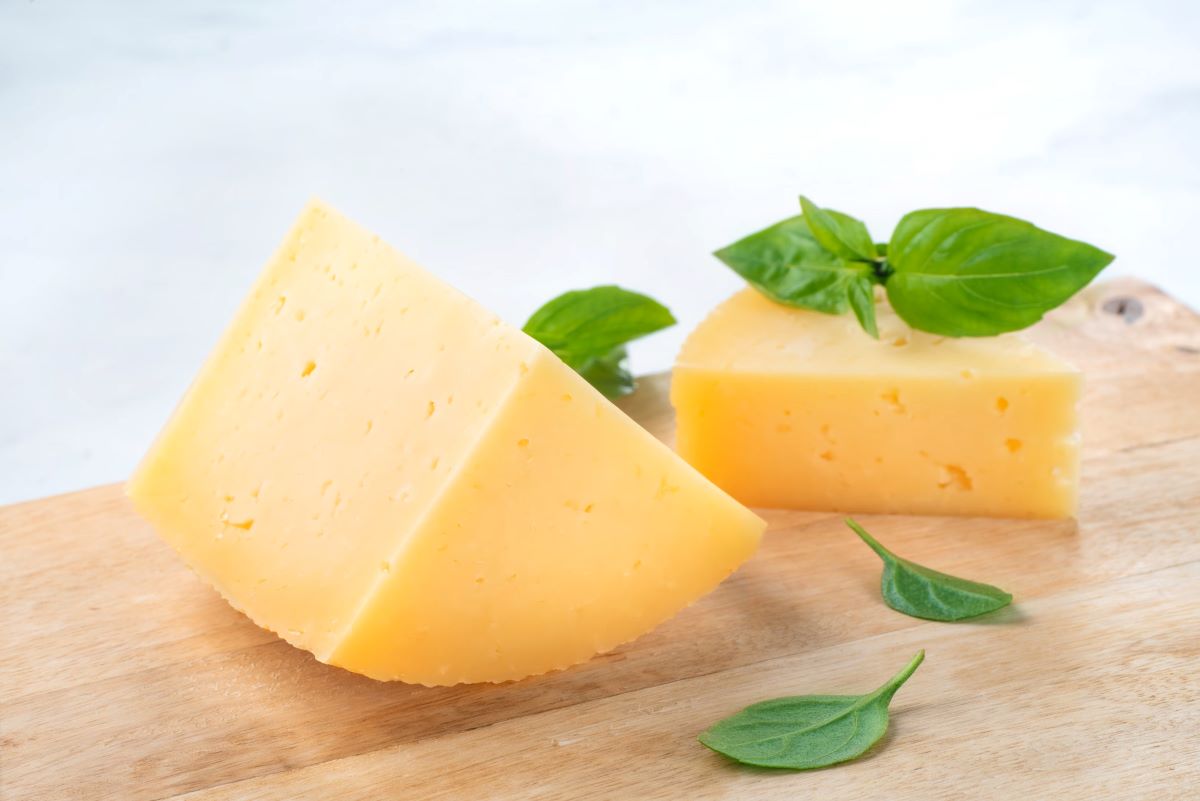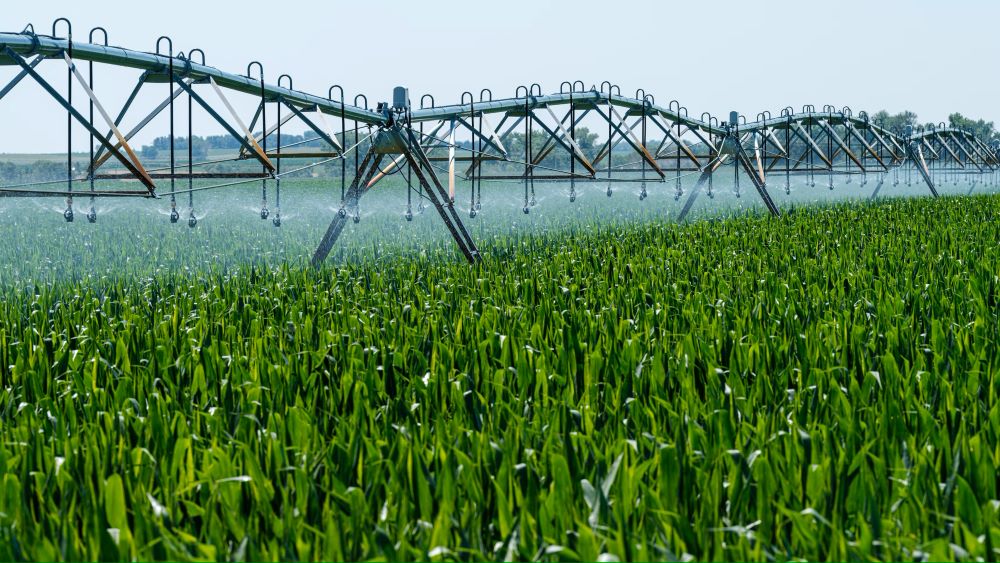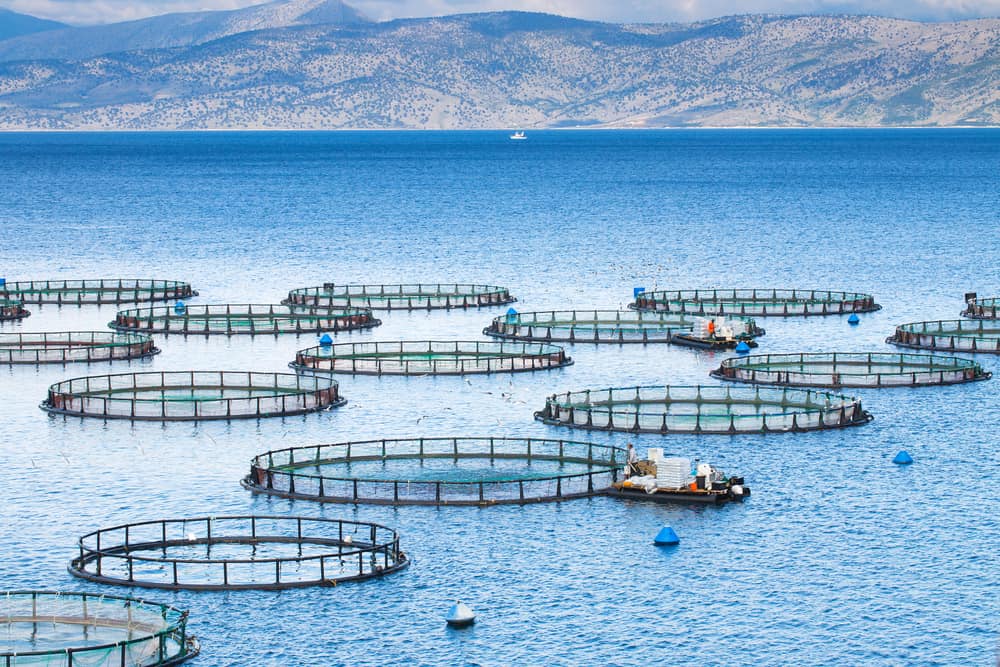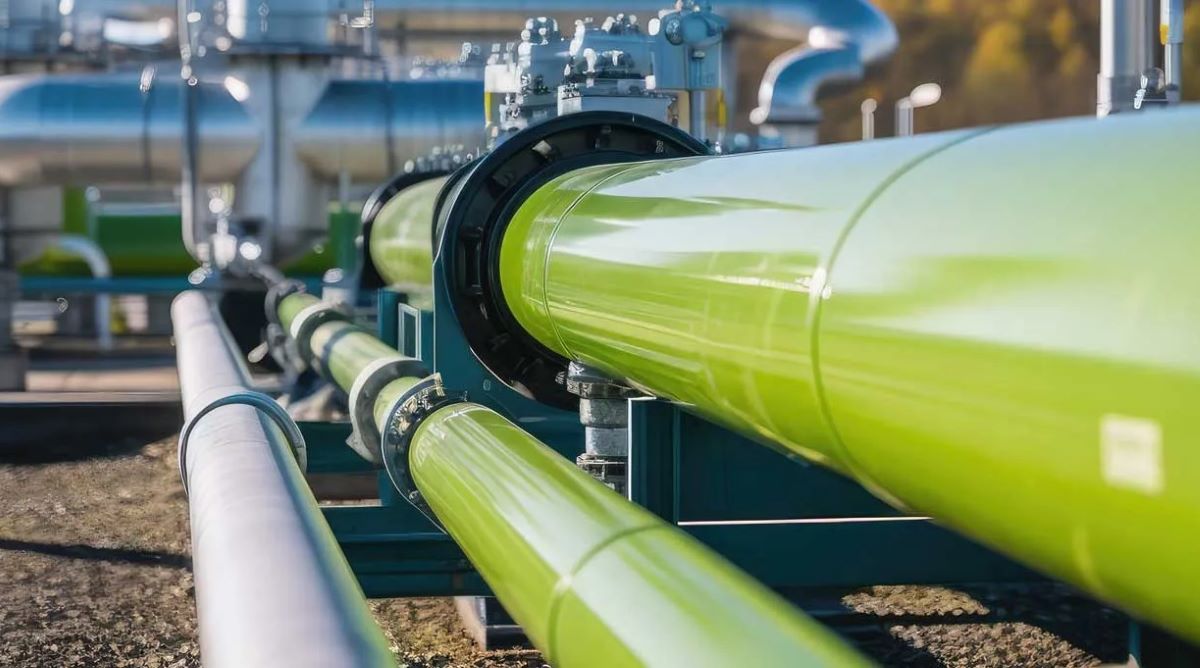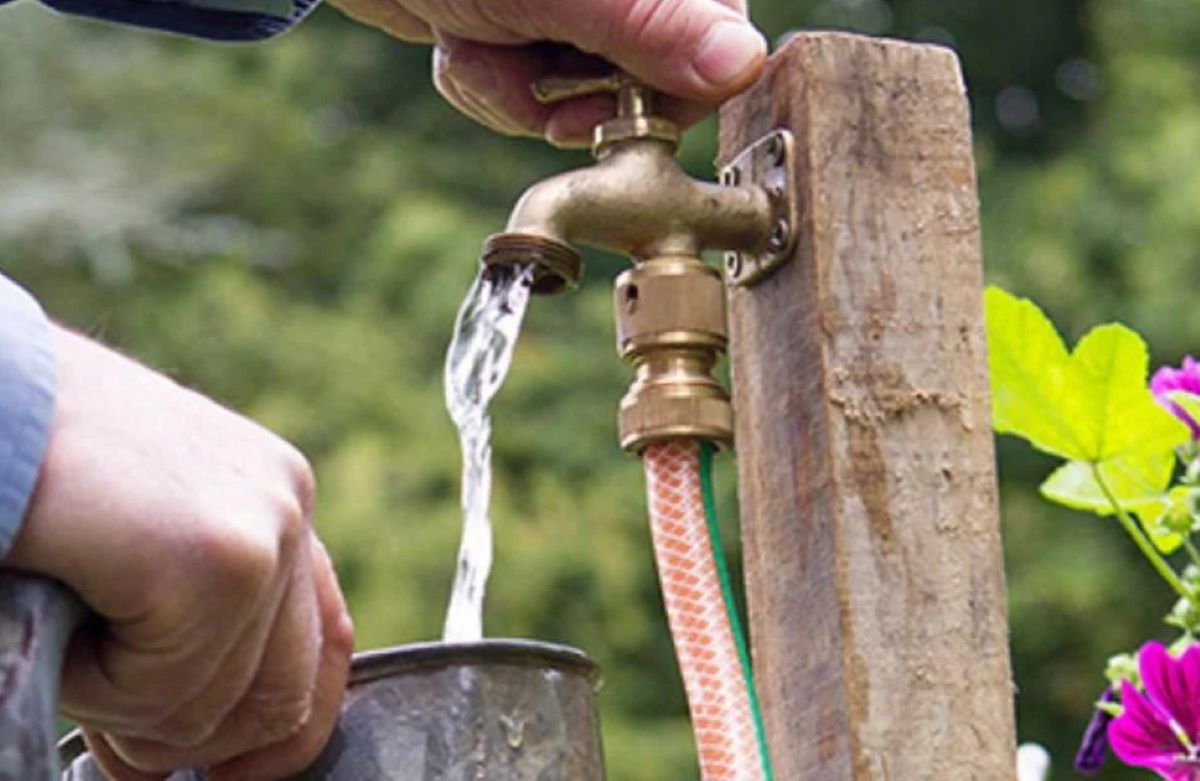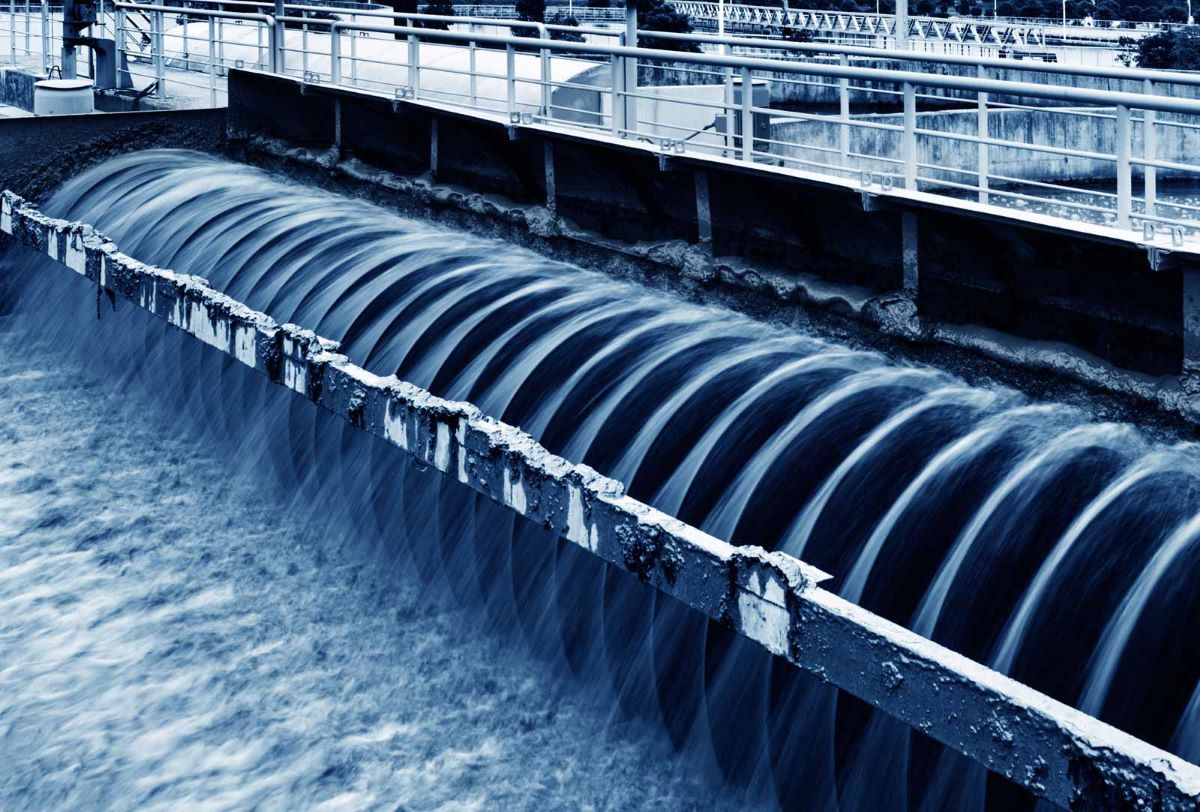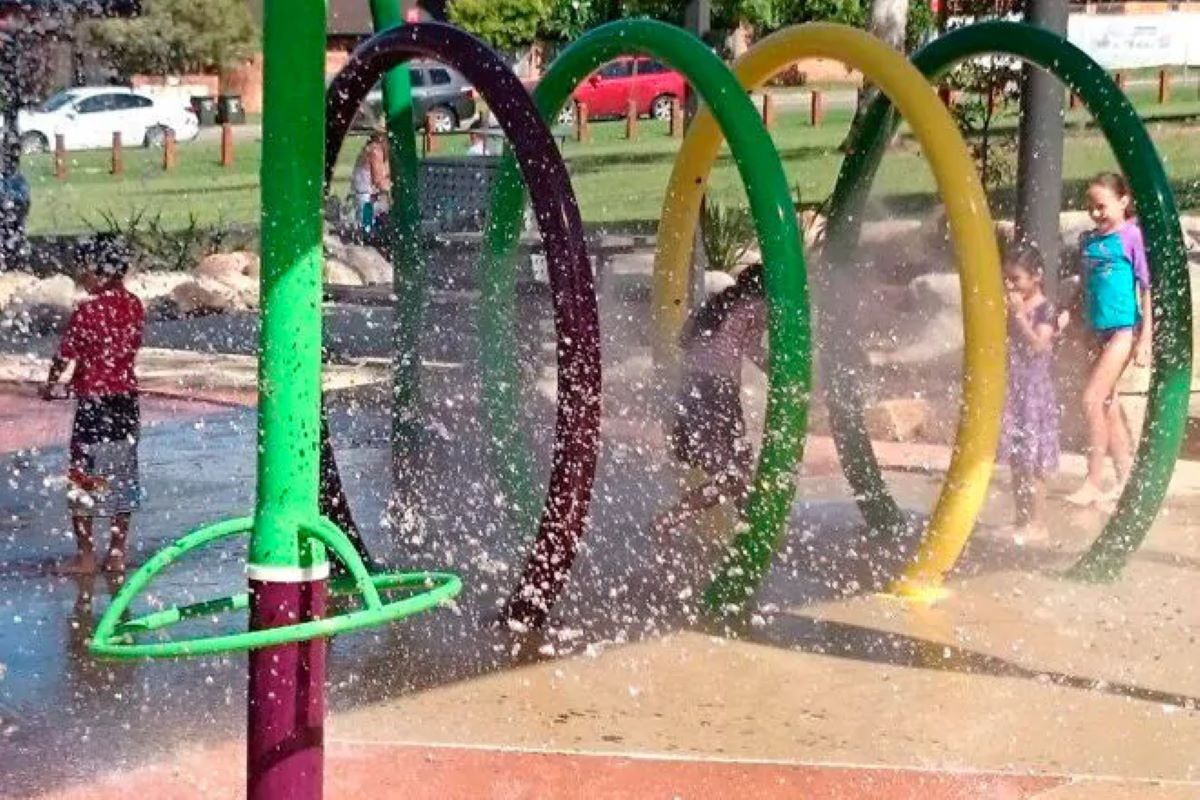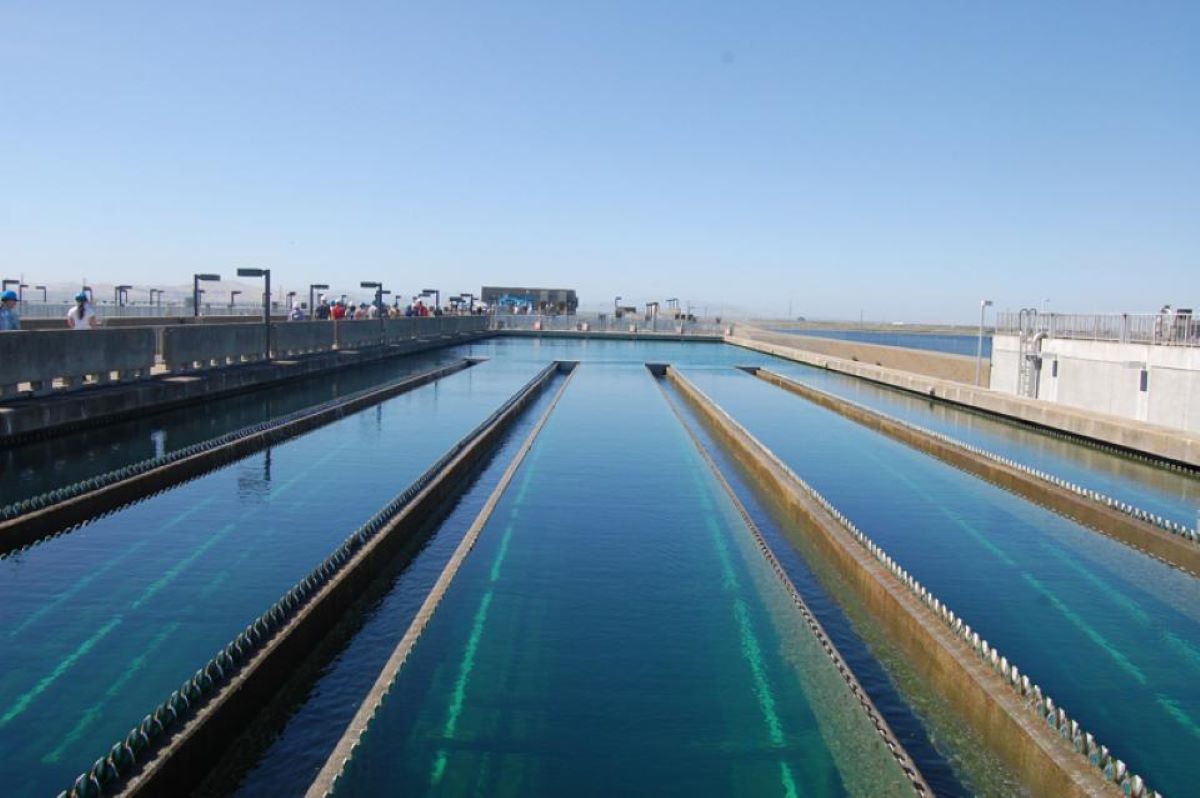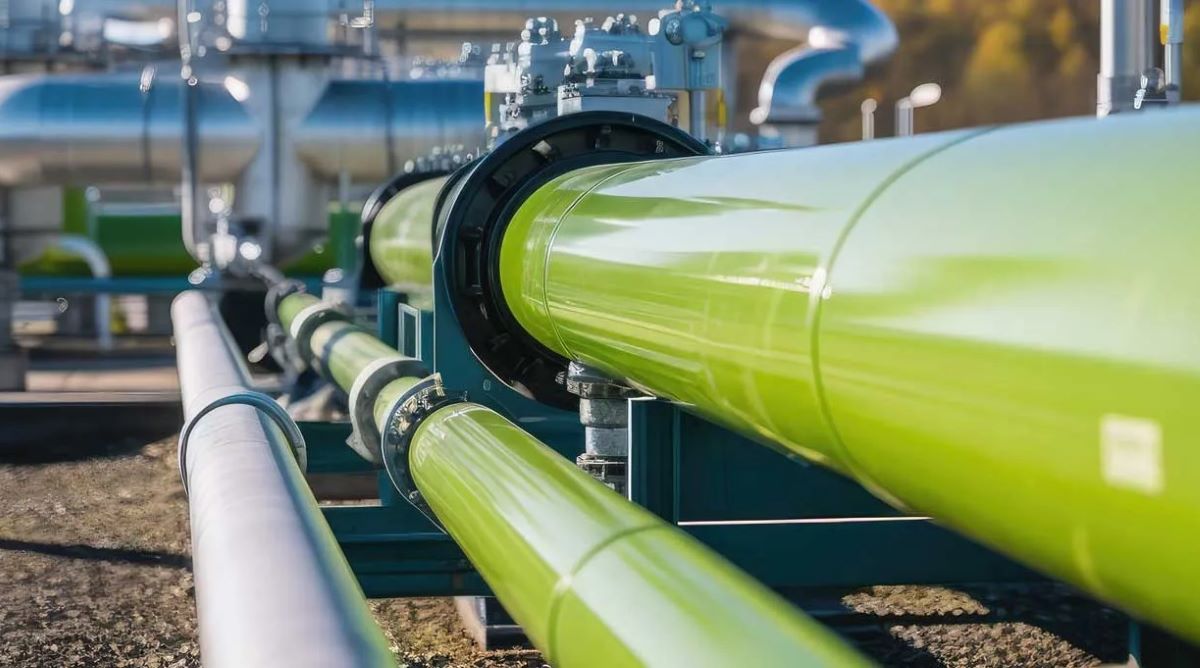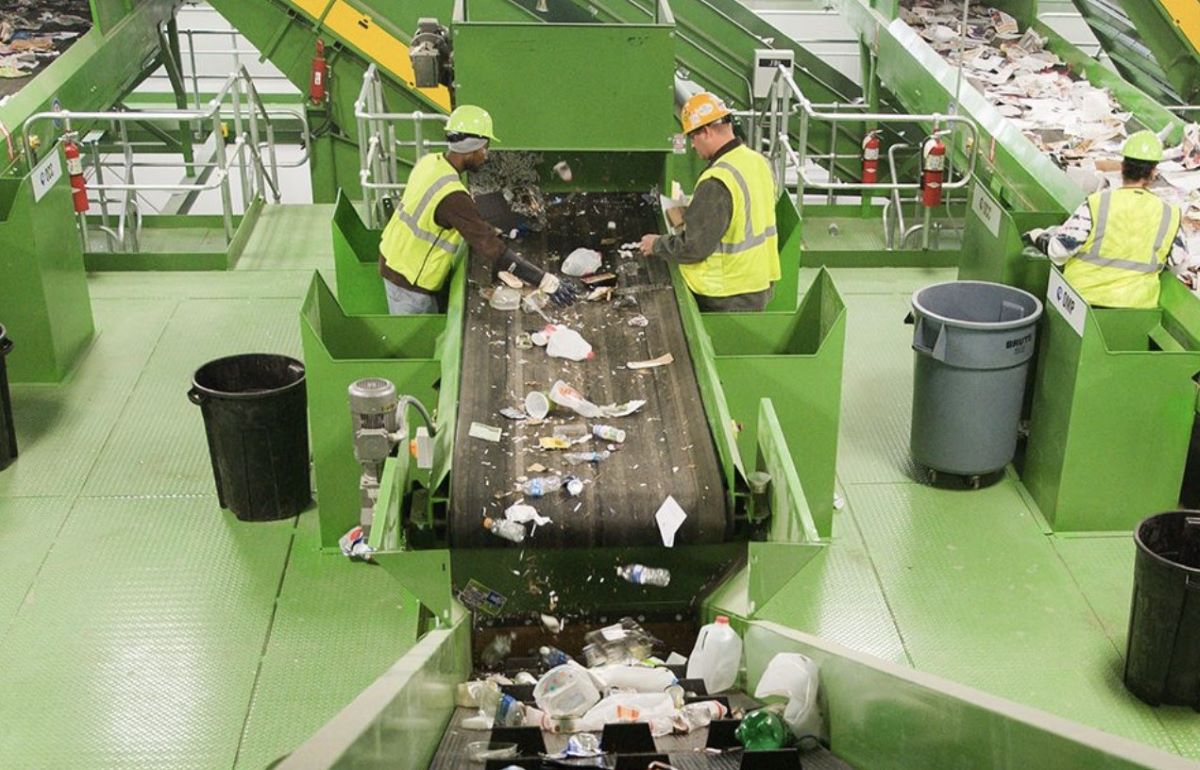Case Study Torresan Estate – Automated Filtration System
Project Highlights

Improved operational efficiency
Improved filtration capacity from new, larger filters, as well as larger housings improving the life of filtration consumables, increasing filtration efficacy. The system also has remote connectivity to provide off-site operation.

Cost savings as a result of reduced headcount
In eliminating family members working overtime for hours each day, 2 – 3 new team members would have been required to cover the work.

Enhanced quality control
Enhanced quality control through automation of membrane integrity testing, including record keeping.
More about this project
The Torresan family began their winemaking journey in 1958 at Happy Valley winery, launching their first vintage as G Torresan & Sons in 1962. By 1974, they established the private company Happy Valley Winery. In the early 1990s, they expanded their services by assisting a customer with bottling, which led to the creation of Torresan Estate Contract Bottling. Since then, they’ve grown from three bottling customers in 1992 to over 250 today. As a 100% Australian-owned family company, Torresan Estate is dedicated to exceptional customer service, offering bottling, warehousing and wine analysis services.
The main challenge for Torresans was the significant strain on staff time and the resulting impact on their quality of life, caused by the manual and undersized filtration skid in use. Due to the existing filtration system lacking automation, at least one staff member needed to be present for every operation to manage the manual processes.
Additionally, the absence of remote access further increased the demand for on-site personnel. With the existing skid at capacity and the Line 2 filler being upgraded, there was an urgent need for a high-flow filtration solution.
The proposed solution for enhancing the competitiveness and brand equity of the wine producer involved the implementation of a state-of-the-art Automated Filtration System (AFS) tailored to efficiently filter wine in alignment with the new filler’s specifications. The system offers three filtration options—200 µm stainless mesh, 5 or 10 µm polish and sterile filtration—ensuring all packaged wines undergo rigorous filtration processes, with mesh filters serving as a final precaution. The duplex design accommodates both white and red wine production, while the sterile filtration train incorporates advanced cartridge filters to maintain high process efficiency and integrity.
Critical to the system’s operation are its automated features, including real-time monitoring, remote access via smartphone and seamless integration with existing CIP and filler systems, all controlled by a sophisticated PLC. This automation significantly reduces manual intervention, enhances production efficiency and minimises downtime. The design prioritises the preservation of wine quality, using nitrogen purging to minimise oxygen exposure and wine loss.
Overall, this innovative filtration solution not only streamlines production but also reinforces the wine producer’s commitment to quality and operational excellence, ultimately bolstering their brand reputation in a competitive market.
A time-lapse video of the Filtration System in operation, spanning three hours of operational time condensed into 1 minute of footage, to give an idea of the system’s autonomous function.
The new Automated Filtration System (AFS) achieved remarkable outcomes:
- Increased Production Speed: Enhanced filtration capacity allowed for faster processing alongside the new, larger filler.
- Extended Consumable Life: Larger housings improved filtration efficacy and longevity of consumables.
- Significant Time Savings: Remote access reduced the need for on-site staff, enhancing their quality of life.
- Future-Proof Design: Programmable PLC allows for easy integration of new functionalities, as needed.
- Reduced Manual Oversight: Automation lowered user input requirements, enabling staff to focus on other critical tasks.
- Minimised Downtime: The duplex housing’s prefilter duty/standby configuration ensured continuous operation with fewer interruptions.
- Efficient Integrity Testing: In-situ testing streamlined quality assurance while saving staff time and ensuring traceability.
- Comprehensive Monitoring: The system logs flow, pressure and conductivity data, enabling real-time analysis for improved decision-making.
Recent Case Studies

Suntory – Advancing Water Sustainability

New South Wales Brewery – Tooheys

Wastewater filtration system – custom product development

Offshore Oil and Gas company

